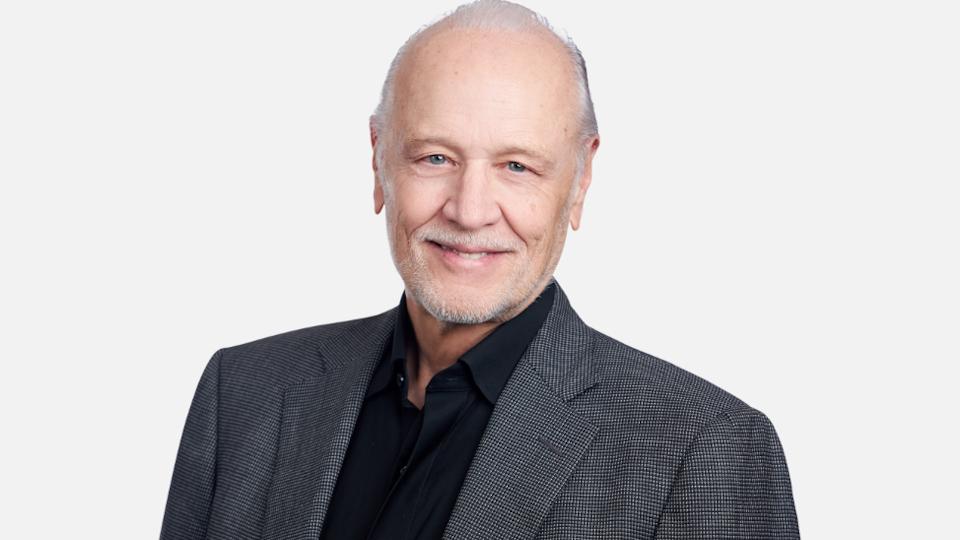Geron finally brings a drug to market as FDA clears Rytelo

Geron chief executive John Scarlett
More than 30 years after it was first founded, Geron has claimed FDA approval for its first product – myelodysplastic syndromes (MDS) treatment Rytelo.
The US regulator has cleared Rytelo (imetelstat) for adults with lower-risk MDS who have transfusion-dependent anaemia and have stopped responding to or cannot be treated with erythropoiesis-stimulating agents (ESAs) like erythropoietin (EPO).
Despite its name, lower-risk MDS is a serious group of bone marrow cancers causing anaemia and increased risk of bleeding and infections, with patients often needing blood transfusions for hours a week. It can also cause organ dysfunction and cardiovascular complications, while the high number of transfusions can expose patients to adverse reactions from donor blood.
In another milestone, Rytelo has also become the first drug in the telomerase inhibitor class to be approved anywhere in the world.
Telomerase has been on the radar of the pharma industry for decades, as it is overexpressed in up to 90% of cancers and almost zero in healthy cells. It has, however, proved to be an elusive target, with many developmental candidates scuppered by toxicity problems. Its discoverers won a Nobel Prize in 2009.
The green light comes on the back of the placebo-controlled IMerge trial, which showed that Rytelo – an oligonucleotide given as an intravenous infusion in 28-day treatment cycles – significantly improved the proportion of patients who had no need for blood transfusions over a consecutive eight-week or longer period to around 40%, compared to 15% with a matched placebo.
The study – which followed patients for a median of 20 months – also showed increases in haemoglobin levels and a reduction in overall transfusion burden compared to placebo. The most common serious side effects were thrombocytopenia and neutropenia, which Geron maintains are “generally manageable and short-lived.”
ESAs have provided limited benefit in controlling anaemia in MDS patients, with only one in three patients responding to them, typically with a duration of between six and 18 months.
“With the approval and availability of Rytelo, we believe eligible patients with lower-risk MDS can potentially experience meaningful clinical benefit, particularly the potential for greater than 24 weeks of freedom from the burden of red blood cell transfusions and symptomatic anaemia,” said John Scarlett, the Foster City, California-based company’s chief executive.
Geron is also testing the drug for myelofibrosis (MF), another form of bone marrow cancer, and expects data from the phase 3 IMpactMF trial of imetelstat in relapsed/refractory MF in 2026, a delay from its original target of 2024, due to lower-than-expected enrolment and mortality rates. The company reckons the drug could bring in $1.2 billion at its peak.
A key differentiator for Rytelo is that it can be used to treat patients with or without ring sideroblasts – blood cells with a characteristic circle of iron deposits around their nucleus.
Bristol-Myers Squibb’s rival therapy Reblozyl (luspatercept) has been approved since 2020 for MDS in patients previously treated with or intolerant to ESAs, but in those with sideroblasts only. However, Reblozyl had its indications extended by the FDA last year to include first-line therapy for lower-risk MDS with and without sideroblasts, which BMS said was the key to unlocking $4 billion in peak sales potential.












